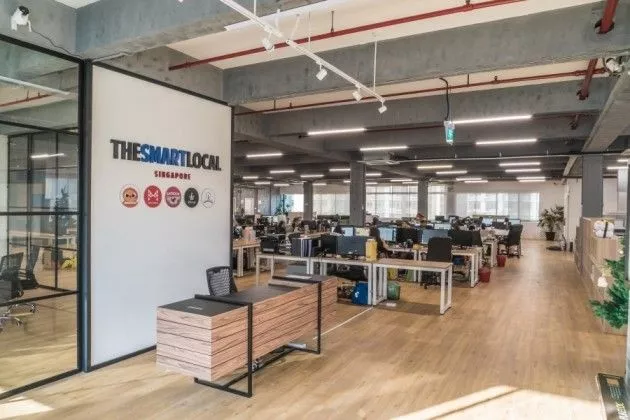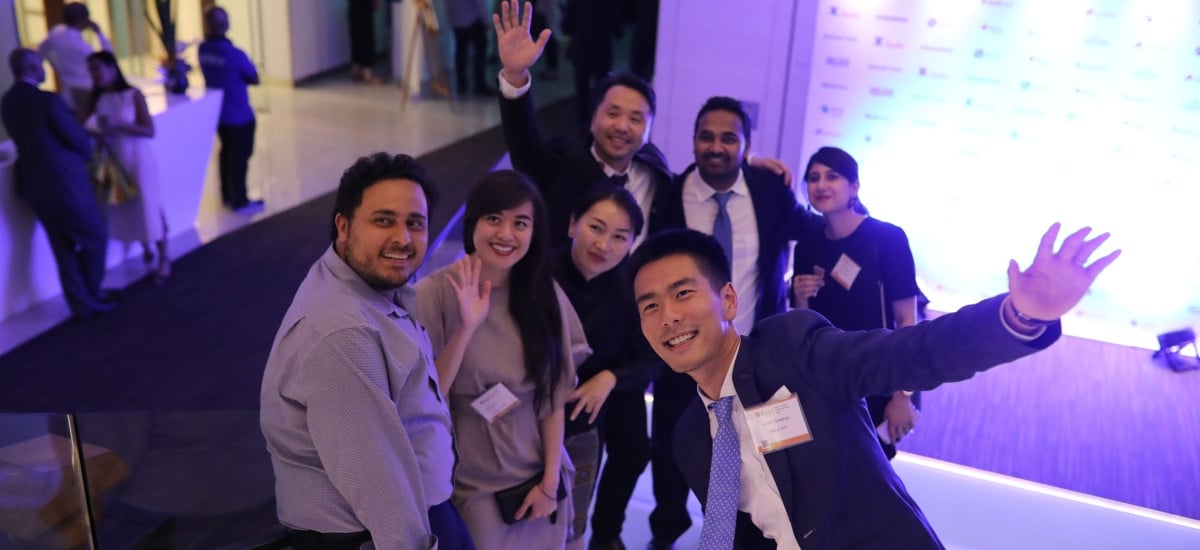Gain work experience for your dream job

Image credit: @flyingpotatoes
When it comes to hiring nowadays, employers are often looking for more than just a shiny educational certificate. Having the right connections and relevant work experience matters too, and going into the industry without the right prep can really make you lose out.
Good thing we’ve done your homework for you – here are 5 ways for fresh grads to get ahead in the workforce:
1. Attend alumni gatherings

Image credit: @frostyeo
Here’s a tip: make use of the school alumni. Alumni gatherings are a thing, and so are talks by successful graduates. These events are great places to meet some of your forerunners who are already in the working world. Since they’re likely to have gone through similar curriculums and experiences as you, they can be a great source of advice and connections!
2. Get yourself an internship

One of the most effective ways to rack up work experience is through internships. Not only are they a bonus for your resumé, but these internships are also a good opportunity for you to experience working in a certain industry or company and see if it’s something you like.
Plus, if you really hit it off with the company, there might even be a job offer waiting for you after you’re done.

Some of TSL’s very own interns on a work trip in Russia
There are a ton of internships available in Singapore, at both big international ones as well as local start-ups with cool offices. Websites like InternSG list them for free, so they can be a good resource for when you start looking.
Some last for months and can be taken as part of your curriculum, but there are short-term internships that only span a few weeks long too. These can be a good choice during the holidays. If you have more time on your hands, you could even consider a cool overseas internship.
3. Make use of The SkillsFuture Earn and Learn Programme
The SkillsFuture Earn and Learn Programme (ELP) is another way to gain work experience. This is a platform that gives fresh poly and ITE grads a real-world job position in partnering companies, along with structured training and mentorship in your discipline of study.

Click here to find out more about Nicole Chin’s ELP experience in Charles and Keith as a Fashion Advisor (Image credit: @skillsfuturesg)
All of this happens over a period of 12-18 months, and you’ll be paid a competitive monthly salary the entire time, instead of an intern allowance. Most ELP programmes even offer a $5,000 sign-on bonus.
Plus, you’ll get industry-recognised certification when you complete the programme, as well as possible wage progression or career advancement within the company that you’ve worked at. Certain ELP programmes can even be considered for advanced standing or credit exemption for relevant degree programmes, subject to meeting course entry requirements.
There are more than 30 sectors involved, like aerospace, biomedical sciences and games development. Chances are, you’re going to find your dream job on the platform, so go ahead and check out their full list of available programmes.
4. Ask for referrals

Companies often seek internal referrals when it comes to hiring. Having an existing employee vouch for you can be a huge advantage, so if you know someone already in the company that you want to work at, don’t be shy about asking for a referral.
Let them know you’ve done your homework – instead of asking “Does your company have any openings?”, try something like “I saw that your company was looking to hire a media design artist and I think I might be right for the job. Do you mind taking a look at my resumé and see if you could refer me?”
5. Build your network

Image credit: Asia Society
If you feel that you don’t have the right connections, it’s okay to build new ones. The easiest way to do this would be at events organised explicitly for that purpose, which typically have professionals giving talks on various topics. Not only can you meet both industry leaders and start-up entrepreneurs, but certain professional networks even hold freelancer workshops and modules for you to improve yourself.
Networking isn’t just restricted to traditional platforms either. Recruiters make active use of digital services like LinkedIn, and so should you. These are places where you can display your e-resumé for potential employers to find you easily, so include important information like your past work information and relevant skill sets.
SkillsFuture for Poly/ITE grads

With work experience quickly becoming as important as education to employers, it would certainly help for a fresh grad to have both. And that’s just what the SkillsFuture Earn and Learn Programme is for – equipping new graduates with a slew of opportunities post-graduation to help them better transition into the workforce.
Find out more about the SkillsFuture Earn and Learn Programme here
This post was brought to you by SkillsFuture Singapore.
